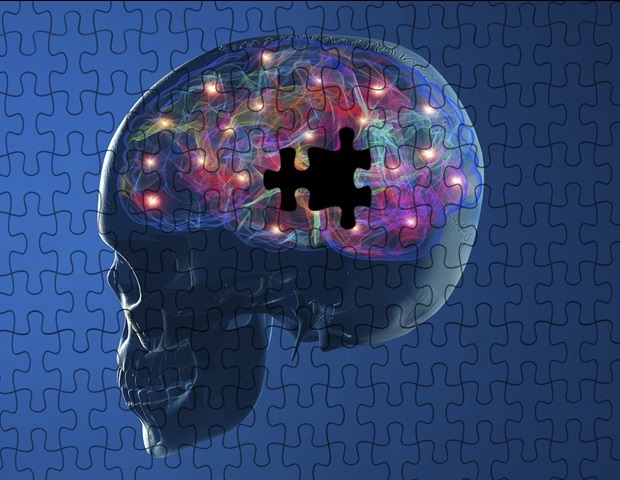In India, birth defects—also known as congenital anomalies—pose a major public health challenge. These conditions contribute significantly to neonatal mortality, affecting thousands of newborns every year. According to the World Health Organization (WHO), about 6% of newborns worldwide are affected by congenital disorders, leading to hundreds of thousands of deaths annually.
However, experts believe the actual numbers could be even higher due to unreported cases, including stillbirths and medically terminated pregnancies. What Are Foetal Abnormalities? Foetal abnormalities, also called congenital disorders or birth defects, refer to structural or functional anomalies that develop while a baby is still in the womb. These conditions can affect different parts of the body, including the heart, brain, limbs, and internal organs.

Some are mild and manageable, while others can cause severe complications, impact a child’s quality of life, or even result in stillbirth. Causes of Foetal Abnormalities There is no single cause of congenital disorders; instead, they can arise from various genetic, environmental, or unknown factors. Some key causes include: Signs and Symptoms of Congenital Disorders The symptoms of foetal abnormalities vary based on the specific condition.
Some common indicators include: Who Is at Risk? Certain factors increase the risk of congenital disorders, as outlined by the WHO and the Centers for Disease Control and Prevention (CDC): Treatment and Management of Congenital Disorders The treatment for congenital disorders depends on the type and severity of the condition. Some common approaches include: Early Detection and Screening Regular check-ups and prenatal screenings play a crucial role in identifying and managing congenital disorders. Key diagnostic methods include: Preventive Measures While not all congenital disorders can be prevented, certain steps can significantly reduce risks: Congenital disorders remain a major health challenge, but with proper prenatal care, early detection, and medical intervention, their impact can be reduced.
By raising awareness, ensuring access to healthcare, and prioritizing preventive measures, families and healthcare providers can improve outcomes for children born with congenital disorders..
Health

What Are Foetal Abnormalities And What Are Its Causes? All You Need To Know

In India, birth defects—also known as congenital anomalies—pose a major public health challenge. These conditions contribute significantly to neonatal mortality, affecting thousands of newborns every year. According to the World Health Organization (WHO), about 6% of newborns worldwide are affected by congenital disorders, leading to hundreds of thousands of deaths annually.















